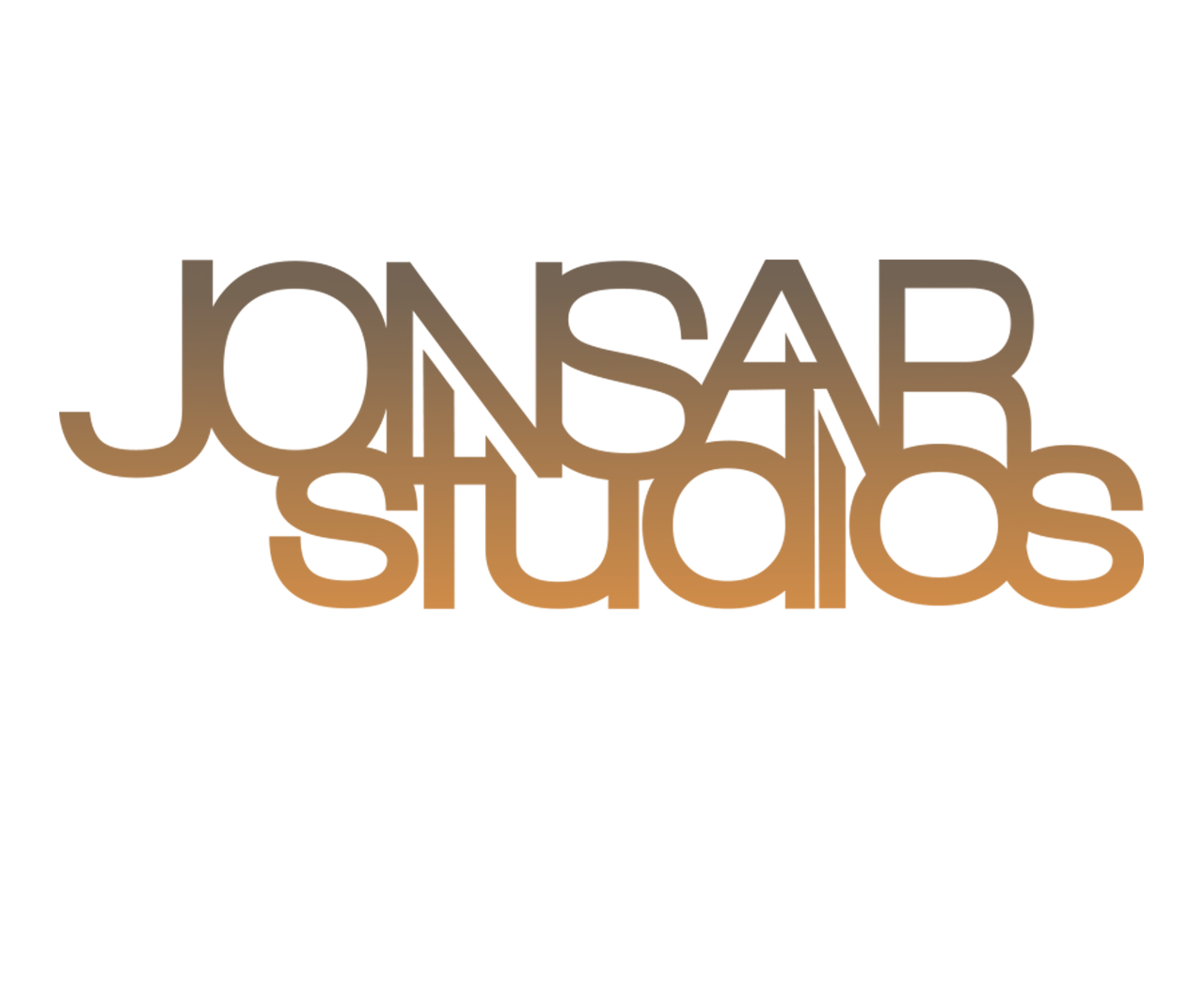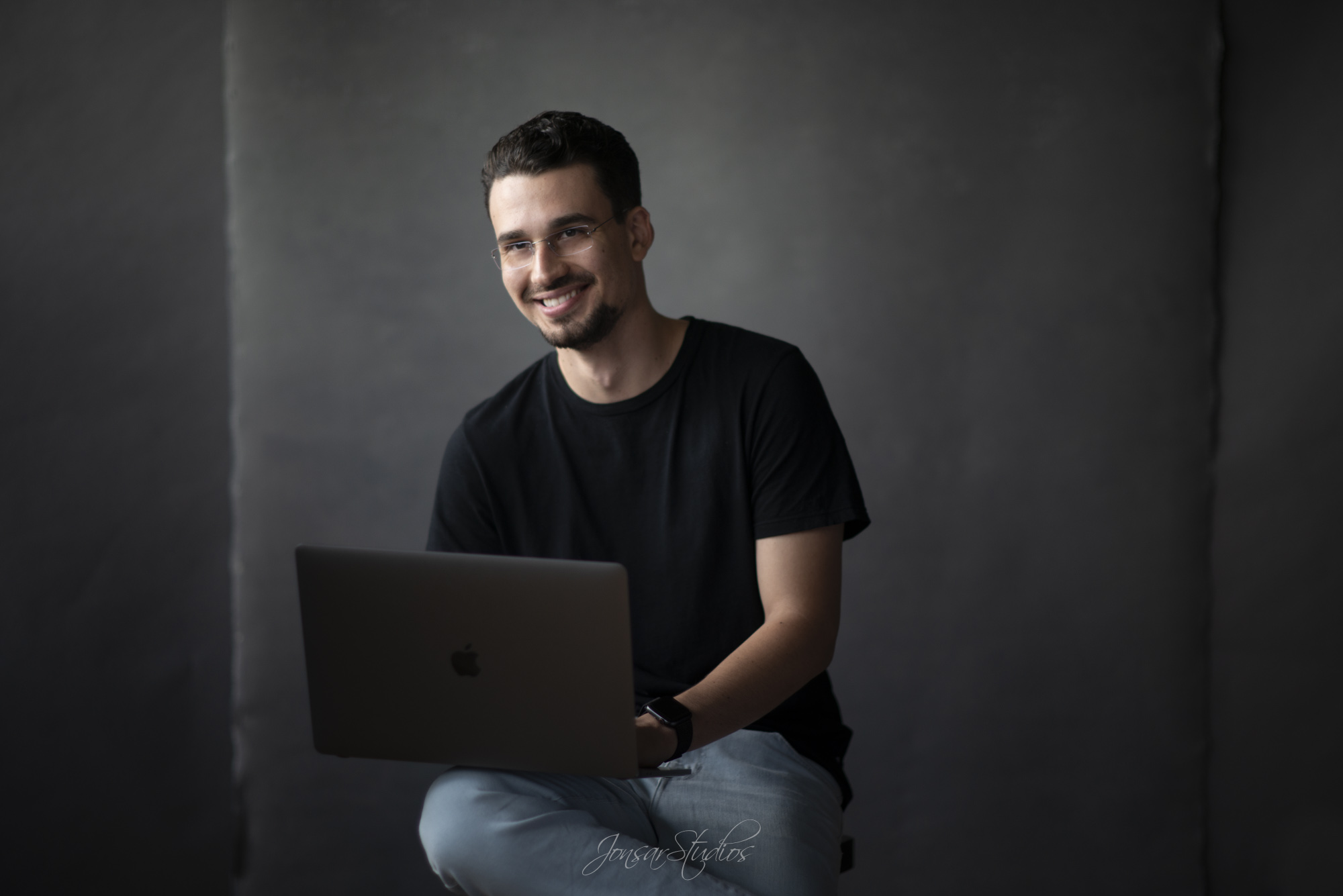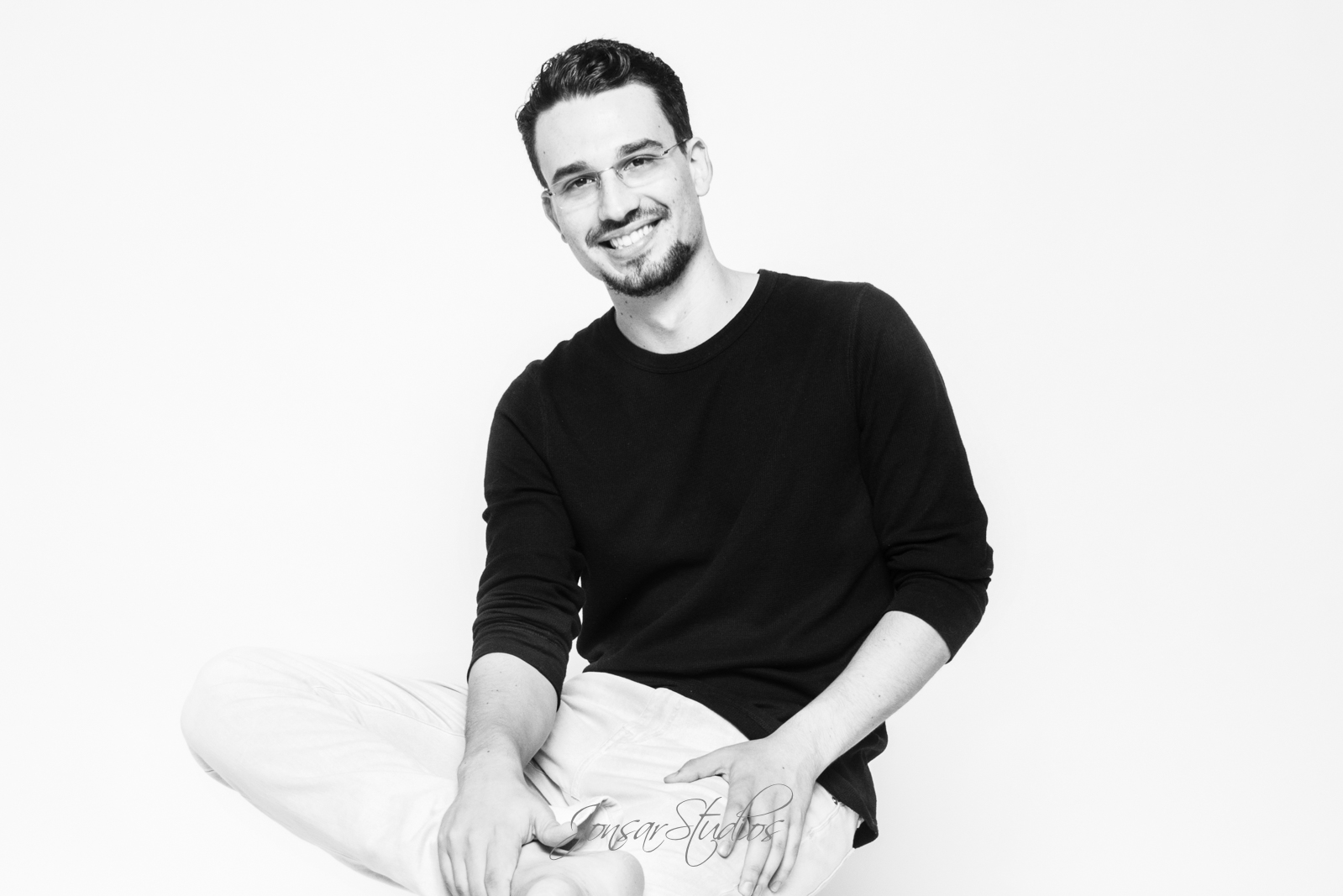Spencer Shulem - Conversations With Artists
What is the art of what you do?
We built an App that helps a lot of people. One of the challenges is for it to clearly communicate people’s values and what they’re trying to do in their life. When you buy a phone, you’re buying a piece of metal with some glass and silicone on it. But somehow when you turn on that screen, when you see that interface, it feels as if it was meant for you and is communicating with you - it’s intuitive. So much work goes into making it feel intuitive. So for us, the art is when someone opens up our product, it makes sense and is intuitive. We get there using what I call the ‘why until you cry’ process. It's getting to the deeper level to where you’re solving a basic need in people’s lives. A ‘why until you cry’ example could start with: ‘Why do you need something to help you manage your life?’ The answer might be: ‘Because I have a lot of things in my life.’ Then you can ask, ‘Why do you have a lot of things in your life?’ And the answer might be ‘Because I have a job, I have to go to school, I have to work to pay the bills.’ ‘Well, why do you have to go to school, why do you have a job?’ ‘Because if I don't I can't feed my family, I can't eat.’ ‘Well, why does that matter?’ ” And so on. There’s a real art to making someone feel comfortable enough to open up, and then deeply understanding the problem and how to solve it.
Tell us more about your App.
The product is called WeDo. It's a simple life manager. We're focused on students but about half of our users aren't students. We’re trying to help people understand their goals and give them the tools and resources to improve themselves. This could be by building and forming healthy habits and keeping track of things that need to get done. It's kind of a to-do list with a brain behind it. We use the “why until you cry” data in a helpful way. We're huge privacy nuts so we don't share or sell data, but we give your data back to you in ways that could include insights on where and how you're spending your time. One of my favorite things to look at is how spending that time made you feel. Maybe spending time in meetings all day long didn't make you feel good. That's actually really valuable to know. Maybe when you worked out right before a meeting you felt a lot better at that meeting. We give people the context that it's not just where you’re spending you're time but how it's making you feel. Hopefully, at some point we'll be building in an intelligent, unbiased life coach in your pocket. That's the goal. It's something we could all use.
Can an App solve those kinds of deep problems that used to be tackled with a life coach?
There's this quote I read "If the grass is greener on the other side it's probably because you forgot to water your lawn.” I think there's a lot to be said about not knowing what might've been. This gives people regret and regret is really toxic. One of the challenges I think we're seeing today with Apps like Siri and Google Assistant, is they’re trying to get people to have a personal experience at scale. Everyone is supposed to feel that this assistant is theirs, this coach is theirs, when actually it's just lines of code. It's really hard to get a personality from a robot.
We try to understand and solve real problems. There's a massive emphasis at our company on the world ‘real.' Apple and a lot of design companies get it right - understanding what the ‘real’ problem is. When the iPhone first came out, people said ‘it doesn't have a keyboard, it doesn't do this.’ But that wasn't the problem people had. People had a problem of wanting a rich PDA in their pocket that worked and could write emails, check websites. That was the problem they were trying to solve. If you're focusing on the customer and asking how you can solve their problem, you're never going to lose.
You mentioned your demographic is students needing to keep their lives together. Did you experience that?
I did. When I was younger I looked forward and I wondered what could I build in my lifetime that would help both myself and others to better get from point A to point B. We spend so much time making the wrong decisions and not just big decisions like career choices, but the little ones such as, ‘should I go to that play?, should I be working on my homework?’ The little things add up and one day you're 80 years old wishing you had done ‘that thing’ in your life. If we can give people confidence in making decisions they’ll be able to look back and know they’ve lived their best life. I'm not the person who's going to be curing cancer or inventing the next big thing, but if I can help people live a happier life, accomplish something, move forward and improve - that's pretty awesome.
Why do you think people need help making the right decisions?
We're starting to catalog what people do from the time they're as young as 11 years old. Their habits, their homework, their goals, aspirations, their health -- all the way through college into their career. At some point you're going to be able to open our product and say, “this is what I want to do as a career.” We’ll be able to say, ‘here's our confidence in the decisions you've made, here are some habits you can adopt.’ There’s no linear path to success. There are a lot of ups and downs. We don't want anyone to get caught in the ditch and not find their way out. That’s how we can help people through those pivotal moments in their journey - knowing that downs come with ups and to just keep pushing through.
How can you offer a product that helps make micro as well as big adjustments in people's lives, and how do you automate that?
It's really difficult. If you were to download our product today, it would not solve that problem. You have to get a lot of data to understand aspects of peoples lives, and more importantly you have to understand the context. For some people it's not a career goal, it's "I want to eat healthy, I want to walk more, I want to spend more time with my family." Whatever you feel in your life is lacking, that's what we want to help you with. Telling people what to do -- that has a lot of opinion in it. What we do is much the way a life coach or a therapist who listens to you and then repeats it back. Can we gather enough data about your life so you trust us when we say, "you've spent 10 hours this week on video games." We're not going to make an opinion on that. But if you say you're really focused on being a photographer, was that a productive use of your time?
Have you done any work with the ADHD community?
Yes, I grew up with some of the worst diagnosed ADHD ever. My mom became an ADHD coach and taught me a lot of stuff about managing my time. I had never heard about The Pomodoro Technique before, and now I use it. If I had a product like WeDo that said ‘you're going in the right direction, you're doing fine, look at what you’re accomplishing’ I think my childhood would have been a lot more enjoyable.
How did WeDo come into existence?
When I was 13 years old I started my first software company, and ended up making two top selling productivity apps. I was featured on the cover of MacLIfe, and I was just trying to solve my own problems. The first product I made was called Do It, and was literally because my mom would say, ‘in ten minutes I want you to come downstairs and do this thing.’ Three minutes later she'd say ‘why aren't you downstairs doing this thing?’ So my goal was to make a timer that would tell me I was right, that I still had seven minutes and my mom’s timing was wrong. Most people weren’t using the app that way. It was like a Pomodoro by accident, but a little more forceful by making someone change their focus. So throughout this journey I kept trying to solve my own problems, and if I could solve them for myself I could solve them for others. The WeDo app really started to develop two years ago when we were focused on building a great productivity app. We began to get feedback that people were building healthy habits and doing so much more than just getting things done. That’s when we took notice and asked the big questions about what we could solve at scale. At that point it really started to develop into a wellness product - to help people manage their life. It’s so hard when you’re in a fog to know there’s anything other than fog.
That's the art of living - to find your way through the fog.
Right, and it's damaging to second guess everything. It keeps you from doing anything. I know so many people who get stuck in the "well what about" kind of scenarios. Instead of being in the present saying, you know what, I'm probably in fog, this is probably a situation I'm going to get out of, what can I do to navigate this in the best way possible. If we can help people by giving them a small compass I'm happy with that.
Learn more about WeDo here.








